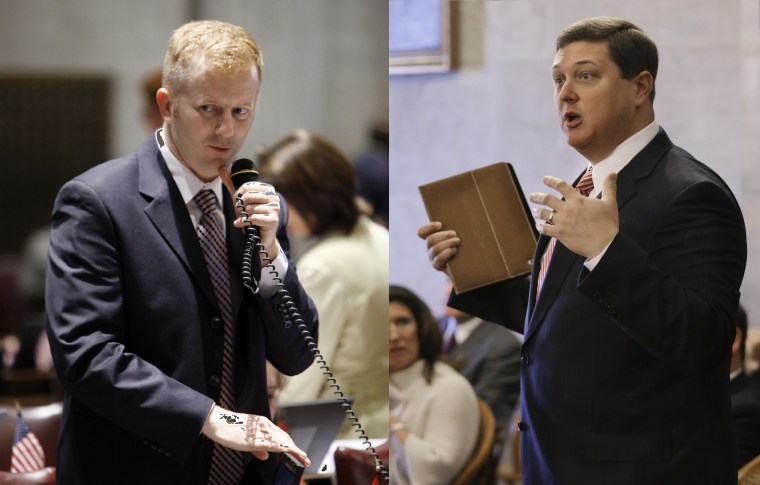A new piece of legislation, if passed, will penalize low-income families in Tennessee by reducing their welfare benefits if their child performs poorly in school.
Sponsored by Sen. Stacey Campfield (R-Knoxville)and Rep. Vance Dennis (R-Savannah), the bill “requires the reduction of Temporary Assistance to Needy Families (TANF) payments for parents or caretakers of TANF recipients whose children fail to maintain satisfactory progress in school.”
Should a low-income family’s child not meet satisfactory levels in the subject areas of mathematics and reading or language arts, the family’s welfare benefits will be reduced by 20%.
The bill (Senate Bill 132, House Bill 261) applies to low-income families, with no mention of penalties to middle or high-income families whose children perform poorly in school.
Bill branded ‘discriminatory’
Tennessee state representative Gloria Johnson (D-Knoxville) calls the bill “discriminatory.”
“It’s just one more way to punish families who have fallen on hard times,” Johnson told theGrio. “I don’t believe for a second this will do anything to improve a child’s education.”
As a high school special education teacher, Johnson said this kind of bill is not what at-risk students need.
“To add the responsibility of the family budget on these kids, it’s not going to help these kids. It’s not going to move them forward,” Johnson said.
“[The bill] sets up a terrible relationship between families and educators,” Johnson continued. ”It sets up animosity between school and home.”
Read the rest of this story on theGrio.com.
